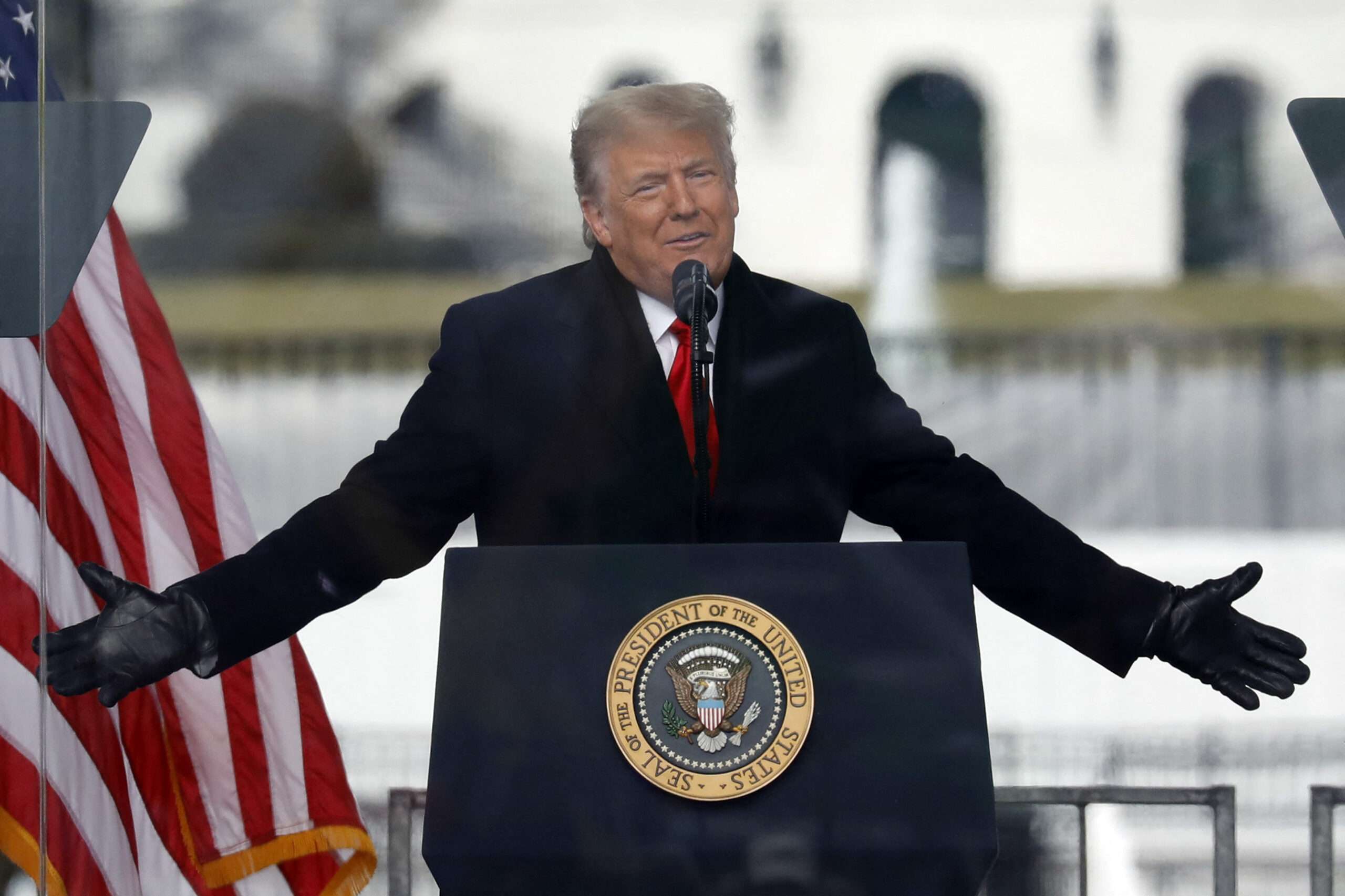The Federal Cases Against Trump That Were Dismissed Featured Significant Evidence of Serious Misconduct
In recent developments, Special Counsel Jack Smith has sought to dismiss the criminal charges against President-elect Donald Trump in two federal cases regarding alleged interference in the 2020 election and the retention of classified documents after his presidency. This move aligns with the Justice Department’s long-established policy against prosecuting sitting presidents, a direction likely influenced by former President Trump’s administration which would have acted swiftly to terminate such cases. Trump argues that these actions are politically motivated attempts aimed at obstructing his potential bid for a second term, branding them as the “weaponization of government” by his detractors. Unlike the New York criminal case that led to 34 felony convictions related to hush payments, Smith’s indictments involve serious allegations of misconduct potentially violating multiple federal laws. Furthermore, recent Supreme Court rulings have created a complex legal landscape surrounding Trump’s liability that hinges on the distinction between his official duties and personal actions related to the alleged election interference.
The Supreme Court’s ruling in the case of Trump v. United States emphasized broad presidential immunity concerning “official acts,” which led to modifications in the election interference indictments. In particular, it established that Trump’s communications with the Justice Department, wherein he sought to challenge the outcome of the 2020 election, could not sustain criminal liability. However, it allowed for the possibility of prosecuting Trump based on actions taken as a private citizen. The Court’s decision on obstruction charges further complicated Trump’s legal standing, particularly concerning the attempts to interfere with the congressional ratification of Biden’s victory. Legal scholars have pointed out that charges built on Trump’s attempts to convince electors to submit fraudulent results could meet the necessary legal criteria for criminal violations related to obstruction.
In the newly filed supplanting indictment, Smith adeptly revised the indictments to align with the Supreme Court’s view of Trump’s presidential immunity by underlining that many of Trump’s actions after the election were private in nature. This included his recruitment of alternative electors and pressure on high officials like Vice President Mike Pence to invalidate legitimate election results. These efforts, if proven to be rooted in a knowing attempt to maintain power despite losing the election, portray a scenario of criminal intent according to Smith, thereby elevating the stakes of the case against Trump. Trump’s defense rests on their assertion that he believed systemic fraud undermined his victory and that he was merely acting in the national interest to protect election integrity.
The crux of the legal debates revolves around the interpretation of Trump’s knowledge and intent during these actions. Should prosecutors provide substantial evidence to demonstrate beyond reasonable doubt that Trump intentionally manipulated election fraud claims to hinder Biden’s ascension to the presidency, they might fulfill the prosecution’s burden for the conspiracy charges laid against him. The situation surrounding Trump’s retention of classified documents further complicates his legal standing, as the allegations suggest that he took thousands of government papers, including more than 300 classified documents, and resisted efforts to recover them. This behavior raises significant questions regarding national security and legal compliance, signifying a potential disregard for federal laws governing the handling of sensitive information.
Under the Presidential Records Act, all presidential records are inherently government property, a mandate Trump allegedly violated by treating the documents as his personal possessions. The distinction between claims of declassification and legal culpability under statutes concerning national defense information became a focal point. Regardless of Trump’s assertions of declassifying the documents, the statutory definitions do not hinge on the classification status of documents but rather their potential use for national compromise. Moreover, Trump’s apparent attempts to infringe on federal investigations—including instructing aides to destroy surveillance footage and delivering misleading information—provide substantial grounds for federal charges, showcasing a pattern of obstructive behavior.
Expected repercussions from these developments signal that a significant portion of the public remains polarized regarding Trump’s legal troubles. Despite the potential ramifications, Trump consistently maintains his innocence and asserts a right to pursue his beliefs without criminal implications. This ongoing legal saga presents an intricate view into the intersection of politics, legal frameworks, and individual rights within the broader narrative of Trump’s political career. As the three-to-four-year timeline unfolds, much speculation surrounds whether these legal proceedings will influence Trump’s potential future campaigns or exacerbate existing divisions among supporters and opponents alike. In essence, this complex panorama touches not only on legal principles but also on the ethical responsibilities attached to political office and public service.
Share this content:












Post Comment